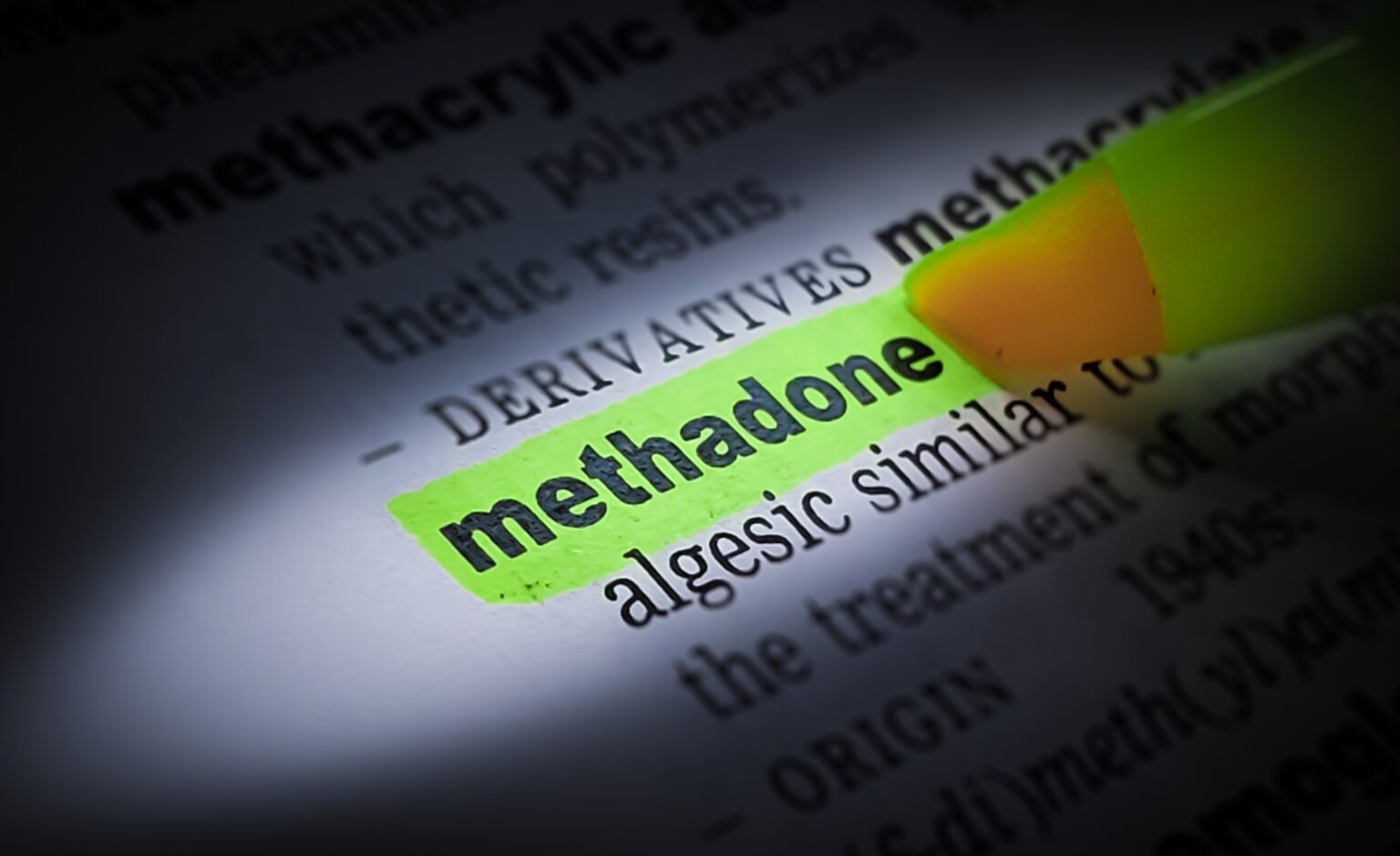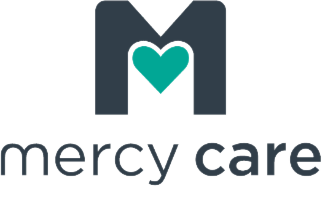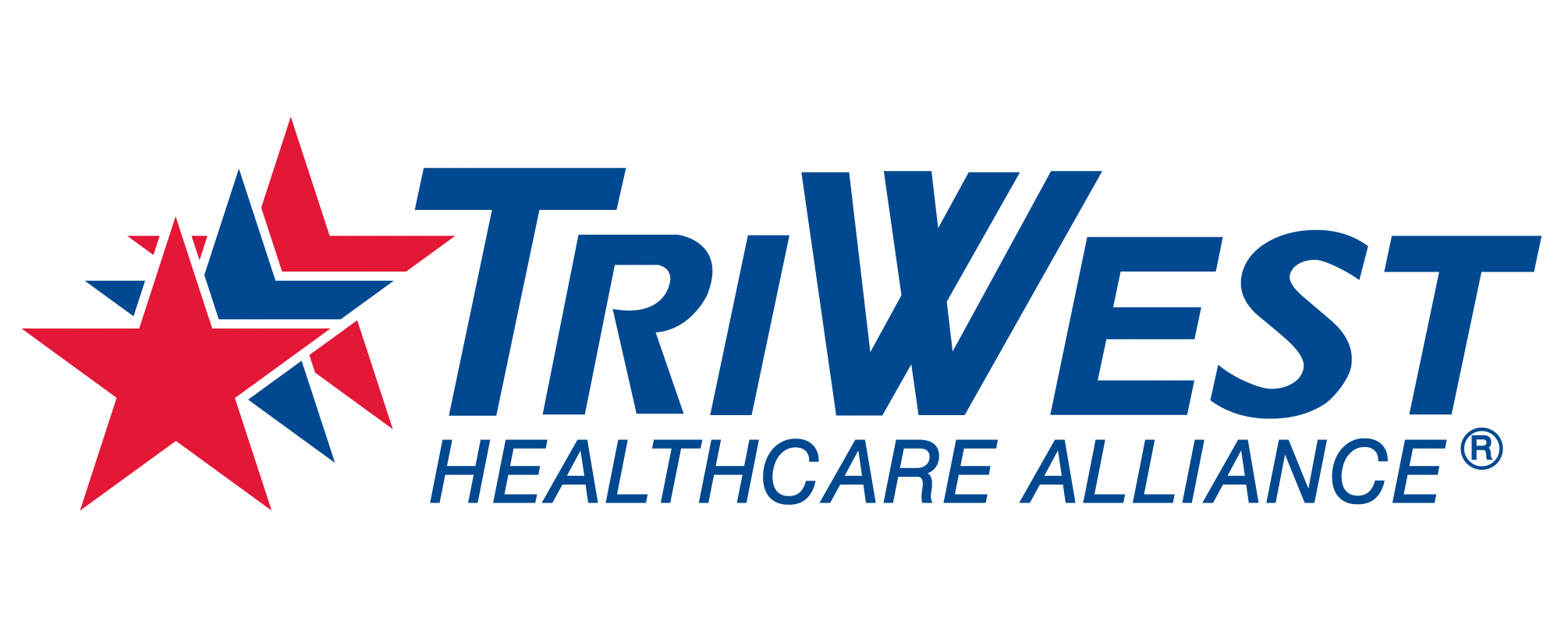What is Methadone?
Methadone is a synthetic opioid medication that is used to treat opioid addiction, including addiction to heroin, fentanyl, and other opioids. It works by binding to the same receptors in the brain as other opioids, but it does not produce the same euphoric effects. As a result, methadone can help to reduce cravings and withdrawal symptoms in people who are addicted to opioids.
Methadone is a long-acting medication that is usually taken orally once a day. It is available in different forms, including tablets, liquid, and dissolvable tablets. The dose of methadone is gradually increased until the person reaches a stable dose, which can take several weeks. Methadone treatment is usually offered as part of a comprehensive treatment plan, which may include counseling, therapy, and other support services.
Methadone is a highly regulated medication that can only be prescribed by authorized healthcare providers in specialized treatment programs. When used as prescribed, methadone can be a safe and effective treatment for opioid addiction, but it does carry some potential risks and side effects. It is important to discuss the potential benefits and risks of methadone treatment with a healthcare professional.
Now that we have that out of the way, let’s discuss some of the pros and cons of methadone.
Potential Positives / Pros:
Here are some positive impacts of methadone:
- Reduces opioid cravings: Methadone works by binding to the same receptors in the brain as other opioids, but it does not produce the same euphoric effects. This can help to reduce cravings for other opioids, making it easier for people to stay in recovery.
- Reduces withdrawal symptoms: Methadone can also help to reduce withdrawal symptoms in people who are addicted to opioids. This can make it easier for people to transition from using opioids to living a drug-free life.
- Improves quality of life: Methadone treatment can improve the overall quality of life for people with opioid addiction. It can help them to avoid the negative consequences of drug use, such as legal problems, financial issues, and relationship difficulties.
- Reduces the risk of overdose: Methadone treatment can help to reduce the risk of opioid overdose in people with addiction. Methadone is a safer alternative to other opioids because it has a long half-life and is less likely to cause respiratory depression.
- Helps people to function better: Methadone treatment can help people to function better in their daily lives. They can attend school or work and engage in other activities without being impaired by drug use.
Potential Negatives / Cons:
While methadone has several positive impacts, there are also some potential drawbacks and side effects to consider. Here are five cons of methadone:
- Addiction: Methadone itself is an opioid medication, and like other opioids, it has the potential to be addictive. If not used as prescribed or taken in higher doses, it can lead to dependence and addiction.
- Side effects: Methadone can cause several side effects, including constipation, nausea, vomiting, dizziness, sweating, and fatigue. These side effects can be bothersome and affect a person’s quality of life.
- Overdose: While methadone can be used to prevent opioid overdose, it is also possible to overdose on methadone. Methadone overdose can lead to respiratory depression, which can be life-threatening.
- Interactions with other medications: Methadone can interact with other medications, including benzodiazepines, which can increase the risk of respiratory depression and overdose. It is essential to discuss all medications a person is taking with their healthcare provider to avoid interactions.
- Stigma: There is still a significant stigma associated with methadone treatment, which can affect a person’s willingness to seek treatment or their relationships with others. This stigma can lead to a lack of understanding about the benefits of methadone treatment and limit access to care.
It is essential to discuss the potential risks and benefits of methadone treatment with a qualified healthcare professional to determine if it is the right treatment option for an individual with opioid addiction. Overall, methadone treatment can be an effective way to manage opioid addiction and help people to live healthier, happier lives. However, it should always be used under the supervision of a qualified healthcare professional.







